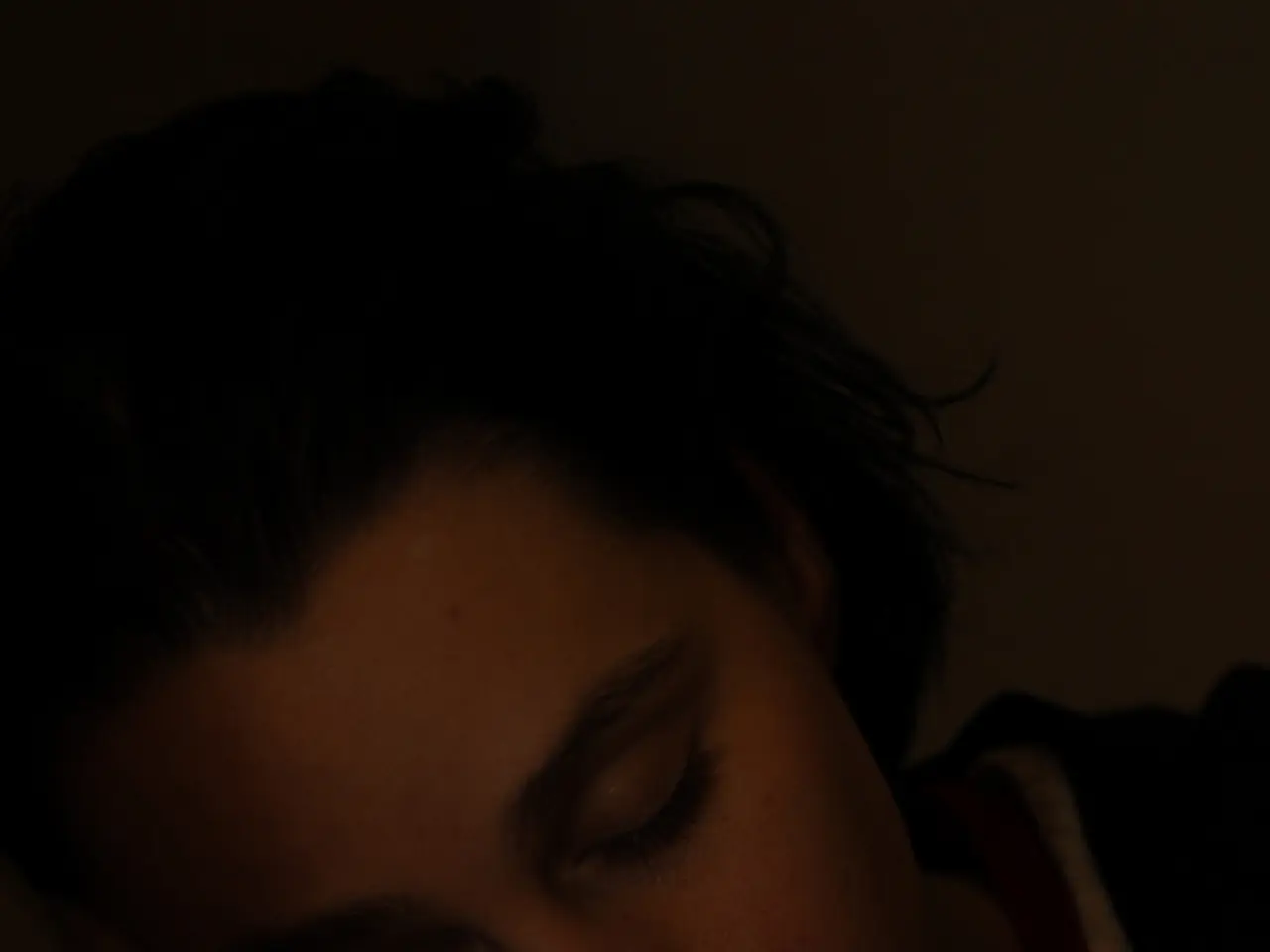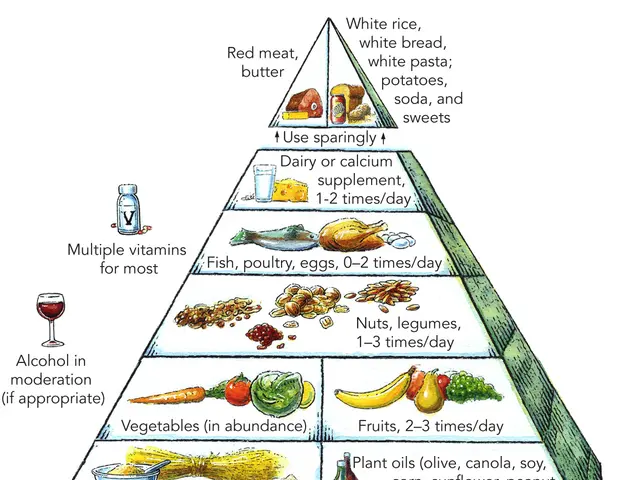Paradoxical Insomnia: When Your Brain Lies About Sleep
Paradoxical insomnia is a puzzling form of chronic insomnia where sufferers believe they barely sleep—yet tests show otherwise. Despite objective evidence of normal rest, those affected feel exhausted, leading to frustration and even strained relationships. The condition remains poorly understood, with no standard treatment guidelines in place.
People with paradoxical insomnia often report lying awake most of the night, feeling unrefreshed in the morning, and struggling with daytime fatigue. They may also experience constant thoughts while trying to sleep and difficulties functioning at work or in social settings. Sleep studies, however, reveal that their actual sleep duration and quality are far better than perceived.
Paradoxical insomnia presents a unique challenge, as sufferers struggle with a mismatch between their experience and medical data. Without formal treatment guidelines, a tailored combination of therapy, medication, and lifestyle adjustments remains the best approach. Early intervention could help prevent long-term impacts on mental health and daily life.







